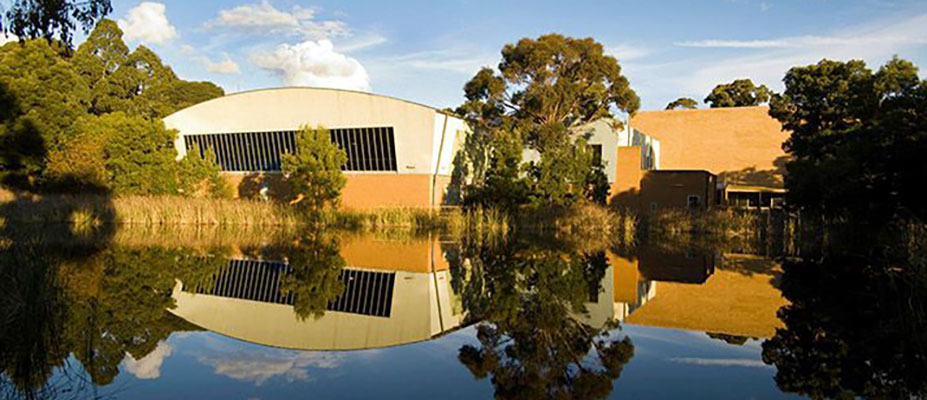

Harvesting stormwater: testing the paradigm by assessing the impacts with an inter-disciplinary case study
PhD: David Ebbs
Supervisors: Assoc Prof Peter Dahlhaus, Dr Andrew Barton and Dr Harpreet Kandra
Thesis: Harvesting stormwater: Testing the paradigm by assessing the impacts with an inter-disciplinary case study ![]()
Year commenced: 2015
Year completed: 2019
Abstract
Integrated Urban Water Management (IUWM) is often proposed as a framework for comprehensively managing the water cycle in urban areas. One of the tenets of IUWM is that, due to increased impervious area, stormwater runoff in excess of the natural flow could be captured and used to supplement the water supply, while mitigating the environmental impact. This thesis tests that theory through an inter-disciplinary case study utilising legacy data for the regional city of Ballarat, Australia. The case study approach has enabled the water balance of an urbanised catchment to be better understood in various ways and provided for five tightly nested research projects, being:
- Does the long-term development of water management within a city provide insight into what drives decisions, therefore informing future progress?
- Can the drivers of water use be adequately determined from a community wide, historical analysis such that future regulatory decisions can be informed?
- Will assessment of the long-term streamflow of a river, combined with an urban water balance of the catchment, enable the identification of additional stormwater flow due to urbanisation, in excess of the natural flow?
- Can the impact of urbanisation on groundwater be identified (i.e. trends quantified or qualified) from the city’s legacy data or any available data sources, or models?
- Is it possible to establish a comparative analysis technique that accounts for the uncertainty of information which changes over time, maintains intellectual rigour and is understandable and easily presented?
IUWM was found, perhaps unsurprisingly, to be a complex problem with the challenges being very contextual on the particular catchment and city being studied. This research revealed that evidence of greater volumes of water being generated from increasingly urbanised impervious catchments is not easy to find. This finding may challenge conventional thinking and means that decisions on stormwater harvesting and WSUD practices more broadly should first be informed by evidence of the water balance.
This research also revealed some very significant challenges in the water industry with finding and effectively using very dispersed data sets which are held and managed across multiple water agencies in various digital and hard copy formats. Information and data availability is critical to all aspects of IUWM, including in the measurement of its success, and so this research reminds the water industry of the importance of its data management practices.
-
RESEARCH OUTPUT
Conferences
Ebbs, D., Dahlhaus, P.G. and Kandra H. (2016) Ballarat's Journey to a Water Sensitive City. Working together to build strong Regional Futures. RUN Regional Futures Conference, Central Queensland University, Rockhampton
Ebbs, D., Dahlhaus, P.G. and Kandra H. (2016) Ballarat's Journey to a Water Sensitive City. Federation University HDR Conference, Federation University, Mt. Helen
Refereed Conference Papers
Ebbs, D., Dahlhaus, P.G. and Kandra H. (2016). The journey to a Water Sensitive City - A case study of Ballarat, Victoria, Australia. Water Infrastructure & the Environment, 56th New Zealand Hydrological Society, 37th Australian Hydrology and Water Resources Symposium and 7th IPENZ Rivers Group, Queenstown, NZ Nov 28 - Dec 2, 2016
Journal Articles
Ebbs, D., Dahlhaus, P.G. and Kandra H. (2017) submitted. Ballarat's messy path to a Water Sensitive City, e-Water, Journal of Australian Water Association, Canberra, Australia
Ebbs, D., Dahlhaus, P.G., Barton A. and Kandra H. (2017) submitted. Urban Water Demand - Is it an ever increasing problem? Water Resources and Economics
-
RESOURCES

